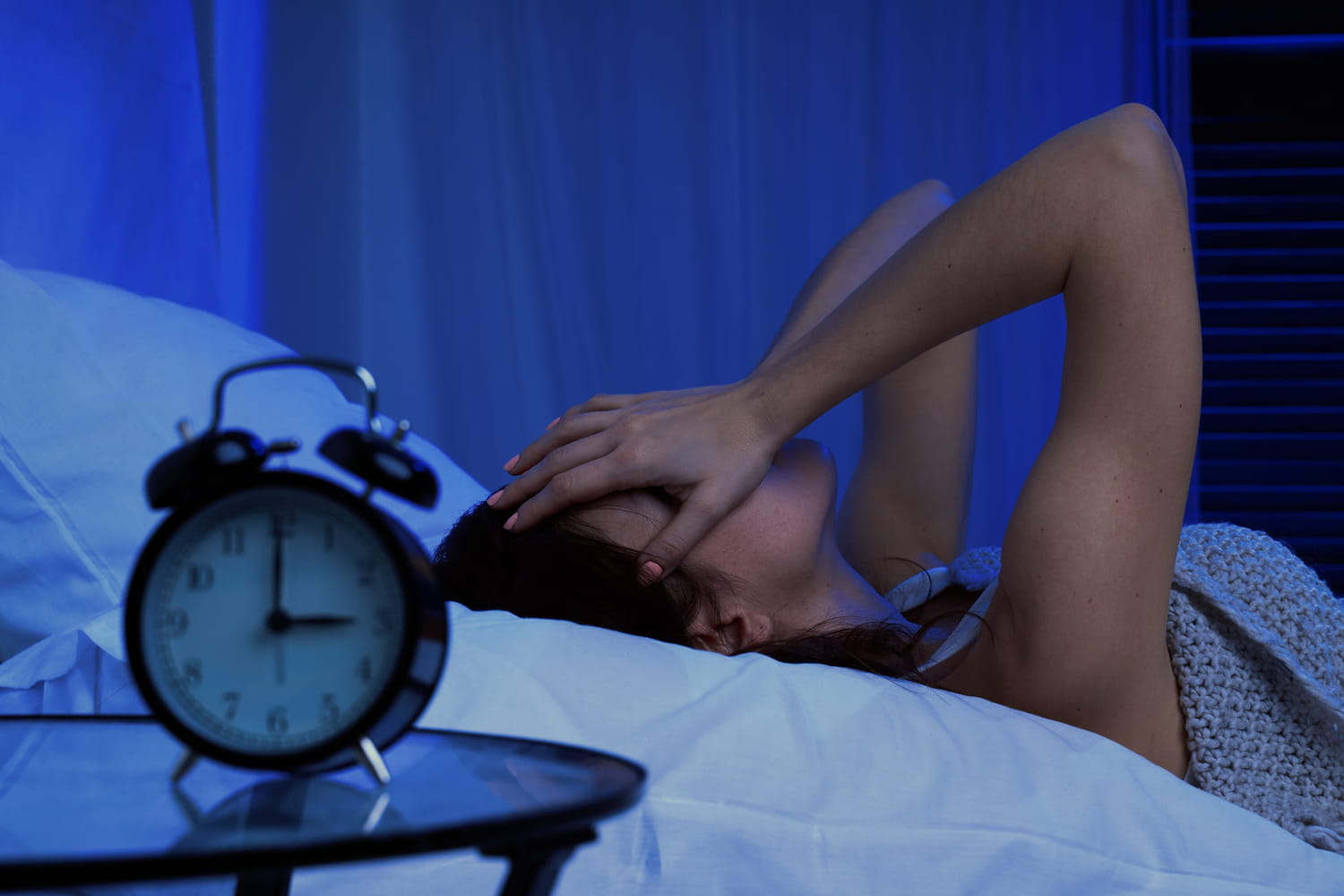Not sleeping increases negative thoughts, impulsive behaviors and disrupts the biological clock.
We know: a bad night affects our mood and our patience the next day. But what is less known is that staying awake in the middle of the night changes the way the brain functions. In one study, researchers describe this phenomenon as a “cognitive and behavioral dysregulation”. When we stay awake until a certain hour, negative emotions take over and the brain shifts toward dark thoughts and risky behaviors. “If you’ve ever stayed up late commenting angrily on social media posts, eating an entire tub of ice cream, or opening another bottle of wine, you might relate to this hypothesis.”illustrates researcher Elizabeth B. Klerman, professor of neurology at Harvard Medical School.
To identify the exact time when these phenomena appear, researchers analyzed decades of data on human behavior and circadian rhythms (the 24-hour cycles that govern sleep, wakefulness, hunger, body temperature and even mood). After a certain point in the night, everything goes wrong: the perception of the positive collapses, that of danger increases, and the brain produces more dopamine. This dopamine stimulates the search for immediate reward, and therefore risk-taking, at the very moment when the prefrontal cortex, the seat of judgment and self-control, functions least well. “Your body naturally produces more dopamine at nightexplains Dr. Klerman. This can change the reward and motivation system and increase the likelihood of engaging in risky behavior.” Result: suicides, violent crimes, substance use or cravings for fatty and sugary foods are statistically more frequent at night.
The critical time identified by the study is midnight. In the journal “Frontiers”, scientists explain that this is when our body naturally switches from an active waking mode to a resting mode, where hormonal and neuronal systems reorganize to promote sleep. If we stay awake, these mechanisms go into overdrive and disrupt the chemical balance of the brain. After this threshold, our biology therefore enters a phase which promotes sleep. Staying awake means fighting your internal clock. “Our biological clock is set for sleep, not wakefulness, after midnight”confirms Dr. Klerman.
To fall asleep before this critical window, it is recommended to maintain good sleep hygiene. It is recommended to keep the room at 18°C, to avoid heavy and exciting meals (caffeine, alcohol), and to stay away from screens well before bedtime. Finally, keeping regular bedtimes and waking up times, even on weekends, remains the best way to synchronize your internal clock and protect your brain.









